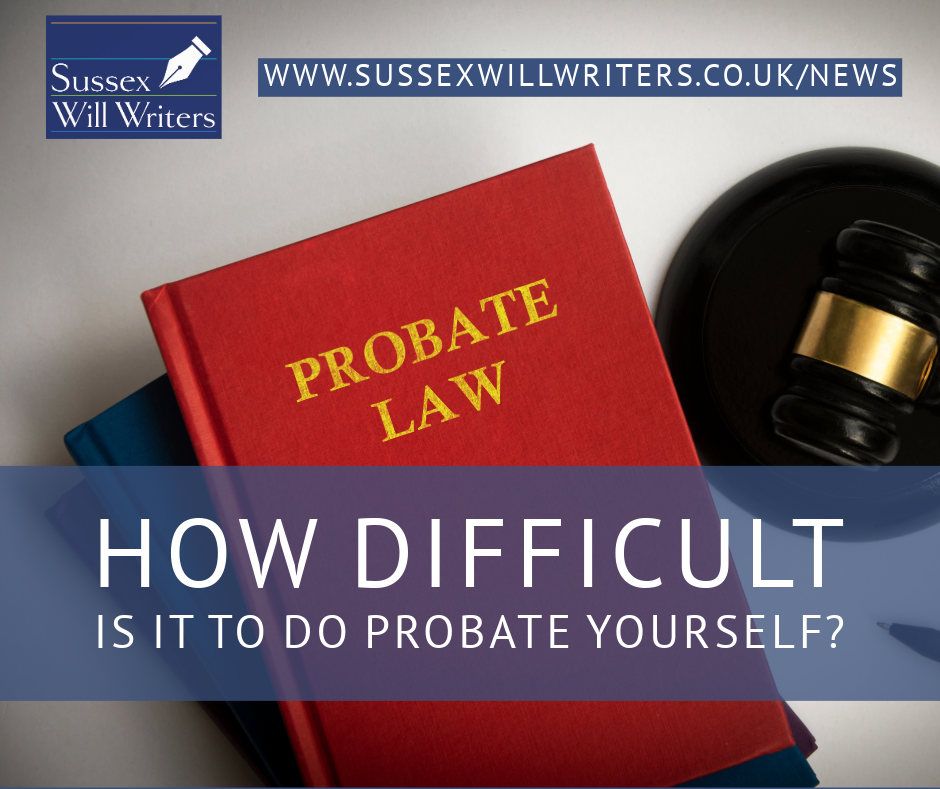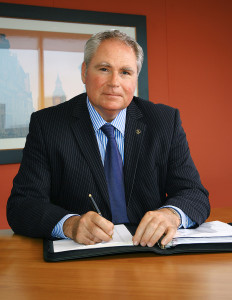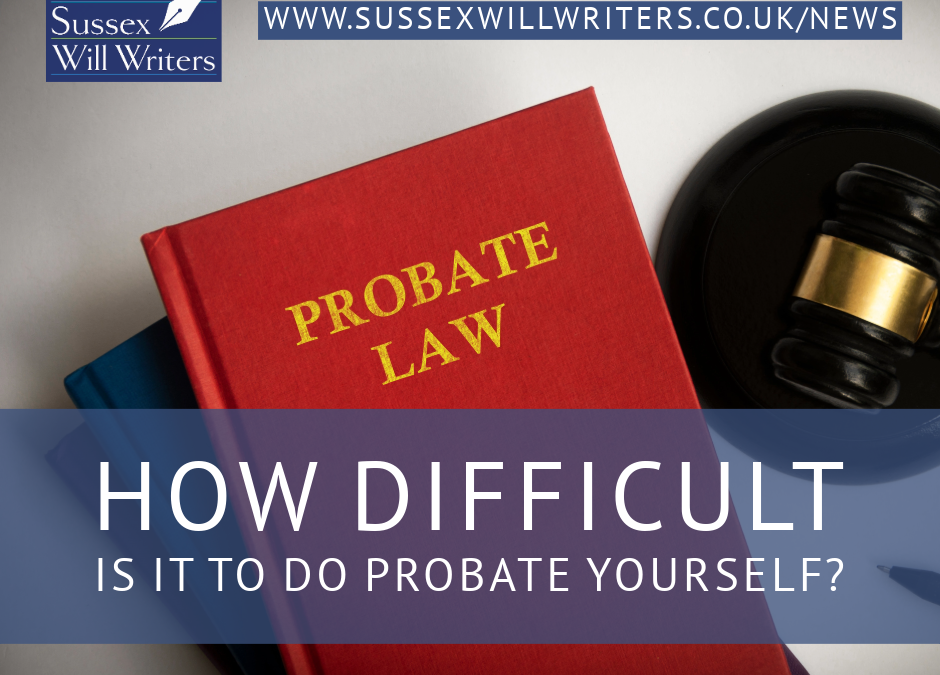
From: Kings Court Trust
https://www.kctrust.co.uk/blog/how-difficult-is-it-to-do-probate-yourself
Probate is the process of obtaining a Grant of Probate, which is the legal document that an Executor may have to obtain in order to administer the estate of someone who has passed away. Many people choose to instruct a professional to apply for probate on their behalf, as it involves complicated processes, a lot of paperwork, and legal knowledge.
However, if you are responsible for administering an estate and choose to obtain probate yourself, you should be aware of not only the processes, but also the time involved, so that you can make an informed decision on how to proceed.
When is probate needed?
Probate is not always required. It is generally required when:
- Assets are held solely
- The balance of assets exceeds the probate threshold(s) of the financial institution(s) that they are held with
For example, if assets are held jointly, they will often pass automatically to the surviving spouse, civil partner, or joint owner. Furthermore, if the estate is worth less than £5,000, probate is likely not needed; most financial institutions will release funds lower than this amount.
At what stage do you apply for probate?
If you do need to obtain probate, it’s best to start the application process as soon as possible, as this enables the Executor to begin administering the estate. However, some tasks must be completed beforehand, including:
- Registering the death
- Valuing the assets and liabilities
- Valuing the property
- Valuing any gifts made by the deceased
Once the estate has been valued for Inheritance Tax (IHT) purposes (if applicable), a probate application can be submitted to the Probate Registry.
Can probate be rejected?
There can be delays or pauses to the process if there are issues with the application – this is called a stopped application. The most common causes of a stopped application include missing documents, missing IHT information, missing Executors, issues with the Will’s validity or condition, and disputes.
Someone with an interest in the estate, such as someone who believes they should be entitled to inheritance, can enter a caveat at the Probate Registry. This will cause a delay as legal proceedings are likely to be necessary in order for the court to make a decision.
Therefore, probate can be delayed or contested, but it will not be stopped completely unless the application is invalid in some way, for example the person applying is not the named Executor.
Can a professional probate provider or Solicitor speed up probate?
A professional who has probate expertise will be able to apply for probate more efficiently, as they will have previous experience and knowledge. However, there are regular delays within the Probate Registry due to backlogs and the volume of applications. Professional applicants experience these same delays and although they can regularly contact HM Courts and Tribunals Service for updates, they will not be able to expedite this (speed up the process).
How much will a Solicitor charge for probate?
Probate Solicitors will charge for probate in a variety of ways. They will often calculate it from a percentage of the estate, usually between 2% and 5% plus VAT. They will also include the cost of the probate fee, which is £300 for all applications on an estate valued over £5,000. Other Solicitors will charge an hourly rate or a fixed fee that depends on the work involved.
When choosing a professional provider, it’s important that you understand what services their quote includes and ask for a breakdown of third-party costs so that you can make an informed decision.
What happens once probate is granted?
Once the Executor has a Grant of Probate, they can begin the process of estate administration. This involves dealing with the assets, debts, and taxes associated with the estate in accordance with the deceased’s wishes in their Will. They will also be responsible for distributing the inheritance to the beneficiaries of the Will (if applicable) or according to the rules of intestacy, if they did not leave a Will.
Can I administer an estate myself?
The Executor(s) (or Administrator[s] in the case of intestacy) can administer the estate themselves once the Grant has been obtained in their name(s). However, when deciding whether to undertake probate and estate administration themselves, the Personal Representative should consider the amount of work involved. There is a wide range of legal and administrative tasks that must be completed during estate administration – every estate is different, which makes the process unpredictable. Whoever administers the estate may have to:
- Gather information from banks, creditors, Government Departments, and more
- Prepare tax forms and apply for probate
- Close accounts
- Complete legal work, such as Trusts within the Will
- Sell or transfer property
- Produce estate accounts
- Distribute inheritance to beneficiaries
Therefore, probate is only one small part of estate administration, which can take months (if not years) to complete. Whilst it is possible to complete this work yourself, it’s important to consider whether you have the capacity to do so.
Speak to Sussex Will Writers about organising your estate, Will and Lasting Power of Attorney.
Click to Call us on 01903 533681
or get in touch by emailing: info@sussexwillwriters.co.uk
 Sussex Will Writers
Sussex Will Writers
T: 01903 533681
M: 07734 744886
E: info@sussexwillwriters.co.uk
Could you do with some FREE, sound advice on:
- Writing a Will – What do I need and how much does it cost?
- Creating Lasting Powers of Attorney – If I was incapacitated who can act on my behalf?
- Property Protection Trusts – Can these really save Care Home Fees?
- Pre-Paid Funeral Plans – With so many to choose from how do I decide which plan is best?

There is so much confusion on these vital areas of estate planning, that sometimes just a chat with an expert in the field can clear up misunderstanding and set out the way ahead, without all the legal jargon.
Or complete the form below
Steve Worsfold
Affiliate Member of the Society of Will Writers
Advising on Wills/Trusts/Probate/Powers of Attorney

Mobile: 07734 744886
Office: 01903 533681
Email: steve@sussexwillwriters.co.uk
Website: www.sussexwillwriters.co.uk
Protecting What’s Precious to You,
Now and in the Future
Sussex Will Writers is proud to support Dementia Friends,
an initiative of The Alzheimers Society
Our business is certified ‘Safe to do business with’ and ‘Code compliant’
by the UK’s largest regulatory body for Will Writers, The Society of Will Writers.
Steve Worsfold has been an Affiliate Member of the Society for 15 years.




